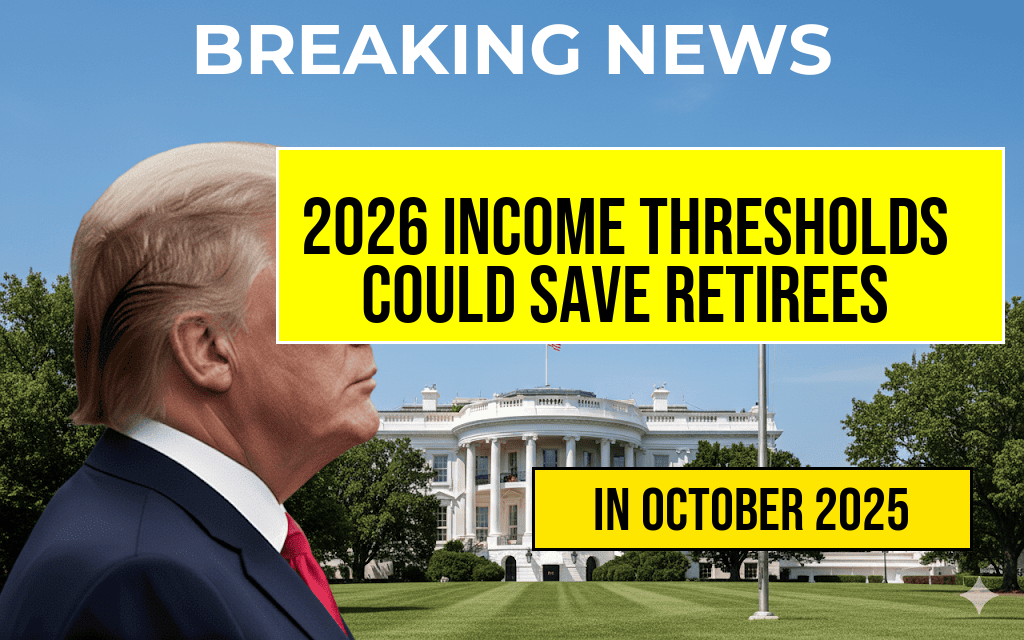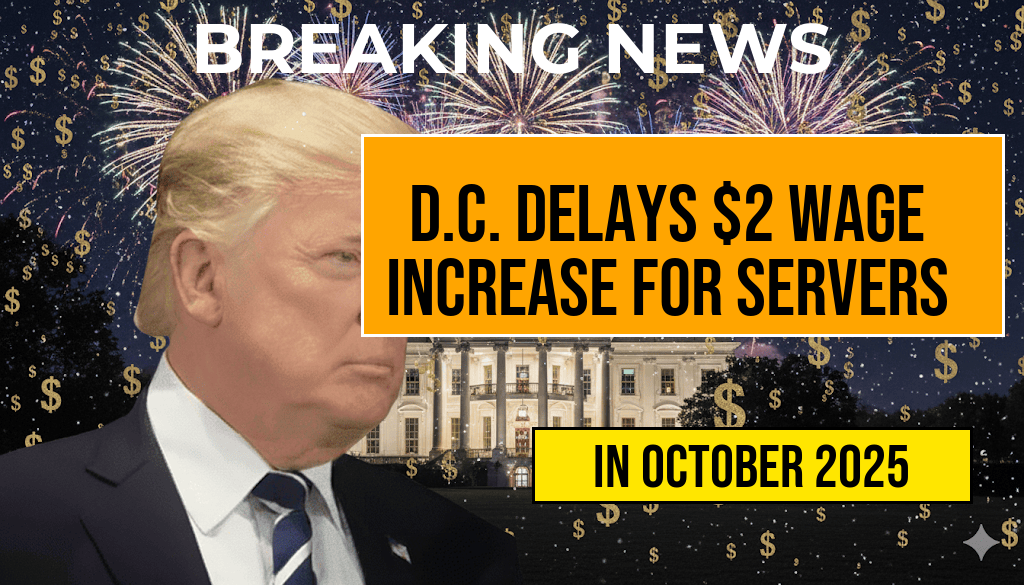The Internal Revenue Service (IRS) has announced an extension of the tax rule concerning tips, allowing workers in the hospitality and service industries to benefit from a $25,000 annual cap through 2028. This provision aims to alleviate the tax burden on employees who typically receive a significant portion of their income from tips. By maintaining this threshold, the IRS hopes to provide financial relief and encourage transparency in reporting tip income. The continuation of this tax rule is particularly significant for servers, bartenders, and other service sector employees, who often face fluctuations in their income based on customer gratuities. As the economy continues to recover from the pandemic, this change is expected to have a positive impact on many working Americans.
Understanding the Tax Rule on Tips
The IRS’s tax rule regarding tips has been a topic of discussion for many years, particularly as it relates to how tip income is reported and taxed. Under this rule, employees can exclude tip income from their taxable income up to the specified annual cap. This means that if a worker receives tips totaling $25,000 or less in a given year, they will not have to pay taxes on that amount.
Who Benefits from This Change?
- Service Industry Workers: Employees in restaurants, bars, and hotels will benefit the most, as their earnings often rely heavily on tips.
- Small Business Owners: Owners of establishments with tipping employees may see improved morale and productivity among staff who feel less financial pressure.
- Consumers: A more financially stable workforce can lead to better service quality and customer satisfaction.
The Implications of the Extended Cap
By extending the $25,000 annual cap through 2028, the IRS is acknowledging the unique financial challenges faced by service workers. This threshold is particularly crucial in light of ongoing economic challenges and rising living costs. Workers who rely on tips often experience income instability, making it difficult to budget and plan for the future.
How the Cap Works
The cap applies to tips received by employees in various service sectors, including food and beverage, hospitality, and personal services. It is essential for employees to accurately report their tips to their employers to benefit from the tax exclusion fully. Here’s how the cap functions:
| Income Range | Tax Implications |
|---|---|
| $0 – $25,000 | No tax on tip income |
| Above $25,000 | Tax applies to income over $25,000 |
Challenges and Considerations
While the extension of this tax rule is beneficial, certain challenges remain. For example, workers must be diligent in reporting their tip income accurately. Inaccurate reporting can lead to audits and potential penalties from the IRS. Furthermore, as the economy evolves, the value of tips can fluctuate, making it essential for employees to adapt to changing market conditions.
Expert Opinions
Financial analysts and tax professionals have weighed in on the significance of this extended cap. Many argue that it is a necessary step in supporting the service industry, which has seen considerable hardship in recent years. According to a report from Forbes, the hospitality sector is still recovering from the impacts of the pandemic, and this tax rule could play a vital role in helping workers regain their financial footing.
Conclusion
The IRS’s decision to extend the tax rule on tips through 2028, allowing for a $25,000 annual cap, provides much-needed relief for service industry workers. As fluctuating income remains a concern for many in the sector, maintaining this cap will encourage transparency in income reporting and help workers better manage their finances. With the economy gradually improving, this rule extension reflects a commitment to supporting those who play a crucial role in the service industry.
For further information, you can visit the IRS website at IRS.gov for updates on tax rules and regulations.
Frequently Asked Questions
What is the new tax rule regarding tips that has been extended through 2028?
The new tax rule allows workers to exclude tips from their taxable income up to an annual cap of $25,000. This extension provides significant financial relief for service industry employees.
Who does this tax rule apply to?
This tax rule primarily applies to employees in the service industry who receive tips, such as waitstaff, bartenders, and taxi drivers. It benefits those whose earnings are supplemented by tips.
What happens if I earn more than $25,000 in tips?
If you earn more than $25,000 in tips, you will need to report the excess amount as taxable income. The rule only allows for the exclusion of tips up to the specified cap.
How can I ensure I am compliant with the new tax rule on tips?
To remain compliant, keep accurate records of your tips and report your earnings accordingly. It’s also advisable to consult with a tax professional for guidance on how to handle your taxes effectively.
Will this tax rule impact my overall tax liability?
Yes, by allowing you to exclude a significant portion of your tip income from taxation, this rule can reduce your overall tax liability. It’s essential to track your earnings to maximize your benefits.






